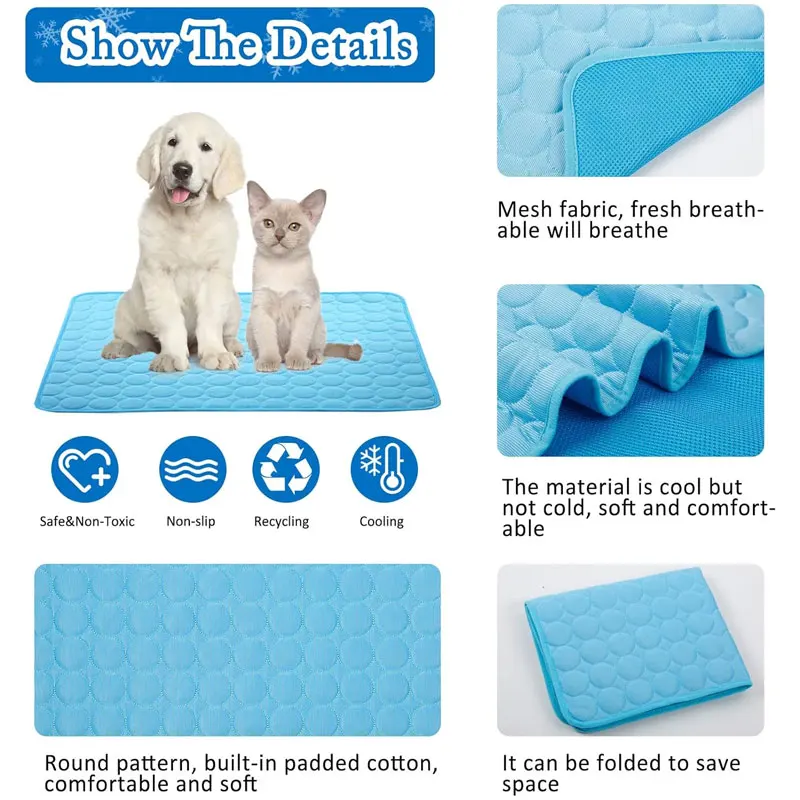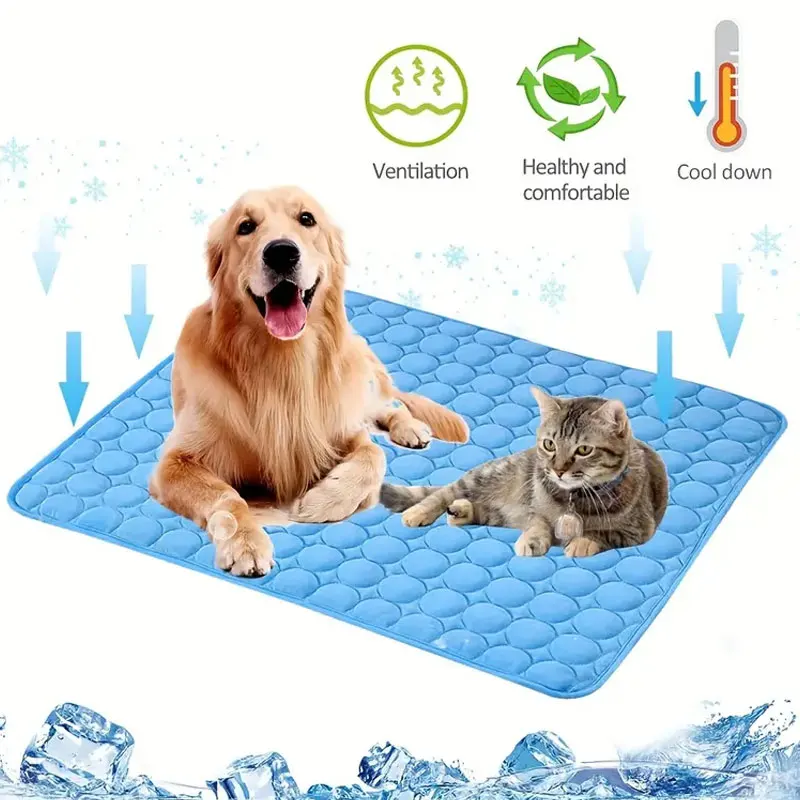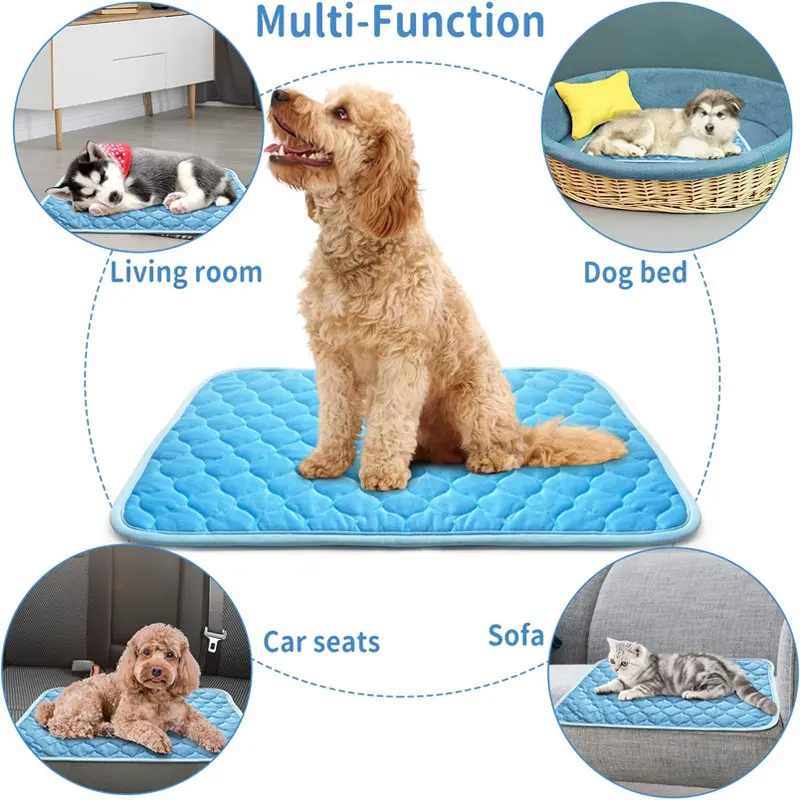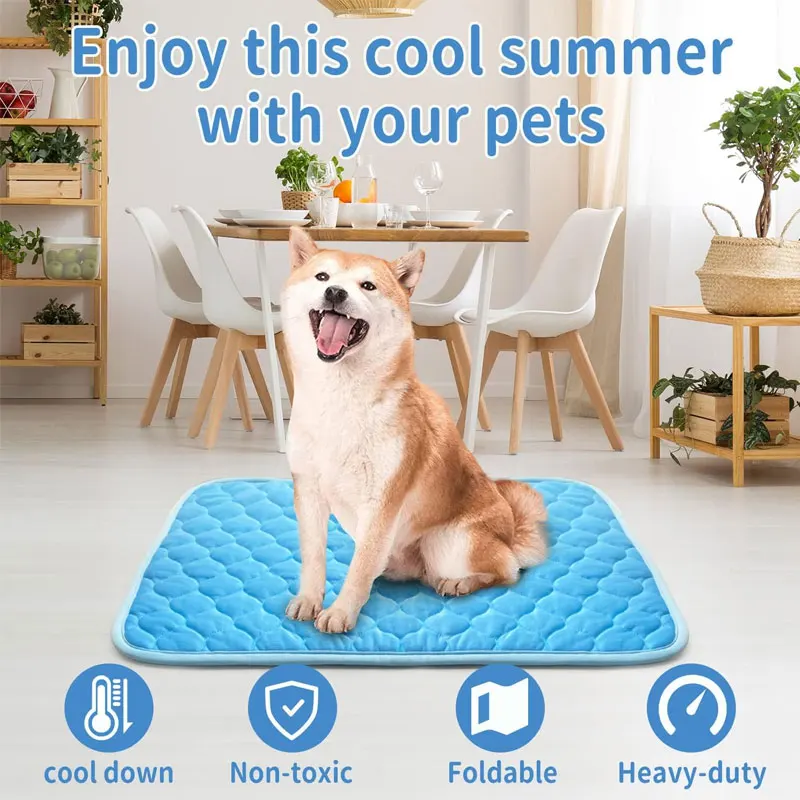Puppy kennel cough, scientifically known as canine infectious tracheobronchitis, is a common illness among dogs, particularly those in close quarters with others. This condition is highly contagious and can spread quickly in places like shelters, dog parks, and kennels. Owners often worry about their young pups contracting this illness, so it is essential to understand what it entails.

What Is Puppy Kennel Cough?
Kennel cough is not a single disease; it refers to a range of infections that result in similar symptoms. The primary cause of kennel cough is a combination of viruses and bacteria, most notably the Bordetella bronchiseptica bacterium and the canine parainfluenza virus. Other potential players in this infection include the adenovirus and various strains of the canine influenza virus. These pathogens can inflame the lining of your puppy’s trachea and bronchi, leading to the hallmark symptom: a distinct, dry cough.
In most cases, kennel cough appears shortly after exposure to an infected dog. Puppies, in particular, are susceptible because their immune systems are still developing. The disease spreads through airborne droplets, direct contact with an infected dog, or even through shared water and food bowls. Because of its contagious nature, this illness can quickly spiral into an outbreak in settings where many dogs congregate.
Symptoms of Puppy Kennel Cough
The symptoms of kennel cough may start to show within a week after exposure. The most notable sign is a persistent cough that sounds like a honking goose or a dry, gagging sound. Some puppies may also show signs of lethargy or might lose their appetite. Although kennel cough can seem alarming, many puppies continue to behave normally aside from the cough itself.
It’s important not to dismiss these symptoms as benign if your puppy has been in contact with other dogs recently. Kennel cough does not always come alone; secondary infections can develop, leading to more severe respiratory issues. If you notice that your puppy has difficulty breathing or is showing severe lethargy, it is crucial to consult a veterinarian immediately.
Diagnosing Kennel Cough
Diagnosing kennel cough usually requires a vet’s examination. The vet will check your puppy’s medical history, ask about recent exposure to other dogs, and conduct a physical examination. In most cases, visual and auditory signs are enough for a diagnosis. Sometimes, the vet may recommend additional tests, such as X-rays or a complete blood count, to ensure there are no underlying issues.
Be prepared to answer questions about your puppy’s behavior, appetite, and any other concerning symptoms. Your vet may also want to know if your puppy has been vaccinated against kennel cough, as this can influence their diagnosis and treatment strategy. While kennel cough can be uncomfortable and concerning, it’s critical to inform yourself about how to manage it effectively.
Treatment Options for Puppy Kennel Cough
Treatment for kennel cough can vary widely based on the severity of the symptoms. In most mild cases, the vet might suggest a “wait-and-see” approach. Since kennel cough is viral in nature, it usually doesn’t require antibiotics unless a secondary bacterial infection occurs. Your vet may recommend supportive care, such as ensuring your puppy remains hydrated, well-rested, and free from stress.
If your puppy’s cough is severe or if they develop a fever, your vet may prescribe medications. Cough suppressants and anti-inflammatories can help your puppy feel more comfortable. In more severe cases, additional breathing treatments may be required. It’s crucial to follow your vet’s guidelines closely during this period, as each puppy’s needs may differ.
Preventive Measures Against Kennel Cough
Prevention is key when it comes to kennel cough. Vaccines are available to help protect your puppy, and this is typically recommended for puppies aged 6–8 weeks. The vaccine doesn’t provide complete immunity but can reduce the severity of the illness. Regular check-ups and prompt vaccinations are essential, especially if you’re planning on socializing your puppy with other dogs.
You should also practice good hygiene by frequently cleaning your puppy’s living space. Make sure to sanitize food and water bowls, as these can harbor harmful pathogens. Avoid exposing your puppy to high-risk areas, such as dog parks or grooming salons, until they are fully vaccinated. Keep a close eye on your puppy’s behavior and health, and don’t hesitate to isolate them if you suspect they have kennel cough.

Managing a Puppy with Kennel Cough at Home
If your puppy contracts kennel cough, managing the situation at home is essential. Create a comfortable environment where your puppy can rest. A warm, quiet place away from other pets and household activities will help your puppy recover. Ensure that your puppy has easy access to food and water.
Hydration plays a significant role in recovery. Dehydration can worsen symptoms, so encourage your puppy to drink plenty of fluids. You can also offer warm, soothing broth as an alternative. This can be more appealing if they aren’t interested in eating. When they do eat, offer soft food to avoid putting additional strain on their throat.
Additionally, avoid stressing your puppy by minimizing playtime and interaction with other pets until they fully recover. While isolation may seem harsh, it helps prevent spreading the illness and allows your puppy to focus on healing. Monitor your puppy for any changes in symptoms, and stay in close contact with your vet if additional concerns arise.
When to Consult a Veterinarian
Knowing when to consult a veterinarian is crucial for any pet owner. If your puppy shows mild signs of kennel cough, you may take a wait-and-see approach, but you should be vigilant. If symptoms do not improve within a few days or worsen, it’s time for a vet visit. Signs that require immediate attention include difficulty breathing, high fever, or signs of distress. A quick examination can help determine the best course of action.
Being proactive about your puppy’s health is vital. Keep a detailed record of any symptoms, including changes in appetite, behavior, or any unusual symptoms. This information will aid your veterinarian in making the best diagnosis and treatment plan for your puppy. Early intervention can often make a significant difference in recovery time and outcomes.
Long-term Effects of Puppy Kennel Cough
Most puppies recover well from kennel cough, but some may experience long-term effects. Chronic bronchitis or other respiratory issues can develop if the cough was severe or if secondary infections occurred. Even after recovering, some puppies may have a lingering cough or sensitive airways. Regular veterinary check-ups can help catch any arising issues.
The long-term outlook largely depends on how early and effectively the condition was treated. Many dogs return to their normal activities and lifestyles within a few weeks. However, it’s essential to monitor your puppy, especially during high-stress situations like travel or significant changes in their environment.

Final Thoughts on Puppy Kennel Cough
Puppy kennel cough, while a common concern, can be effectively managed with the right knowledge and precautions. Understanding the symptoms, treatment options, and preventive measures can make all the difference for your fluffy companion. Remember, each puppy is different, and treatments may need to be tailored to suit individual needs.
Being proactive about vaccinations and hygiene can significantly reduce the chances of your puppy contracting kennel cough. By keeping a watchful eye on your puppy’s behavior and health, you can spot potential issues early and act accordingly. Consultation with your veterinarian should always be your first step if you suspect anything unusual. Education is your best tool for navigating the waters of pet care, especially when it comes to health concerns like kennel cough.
